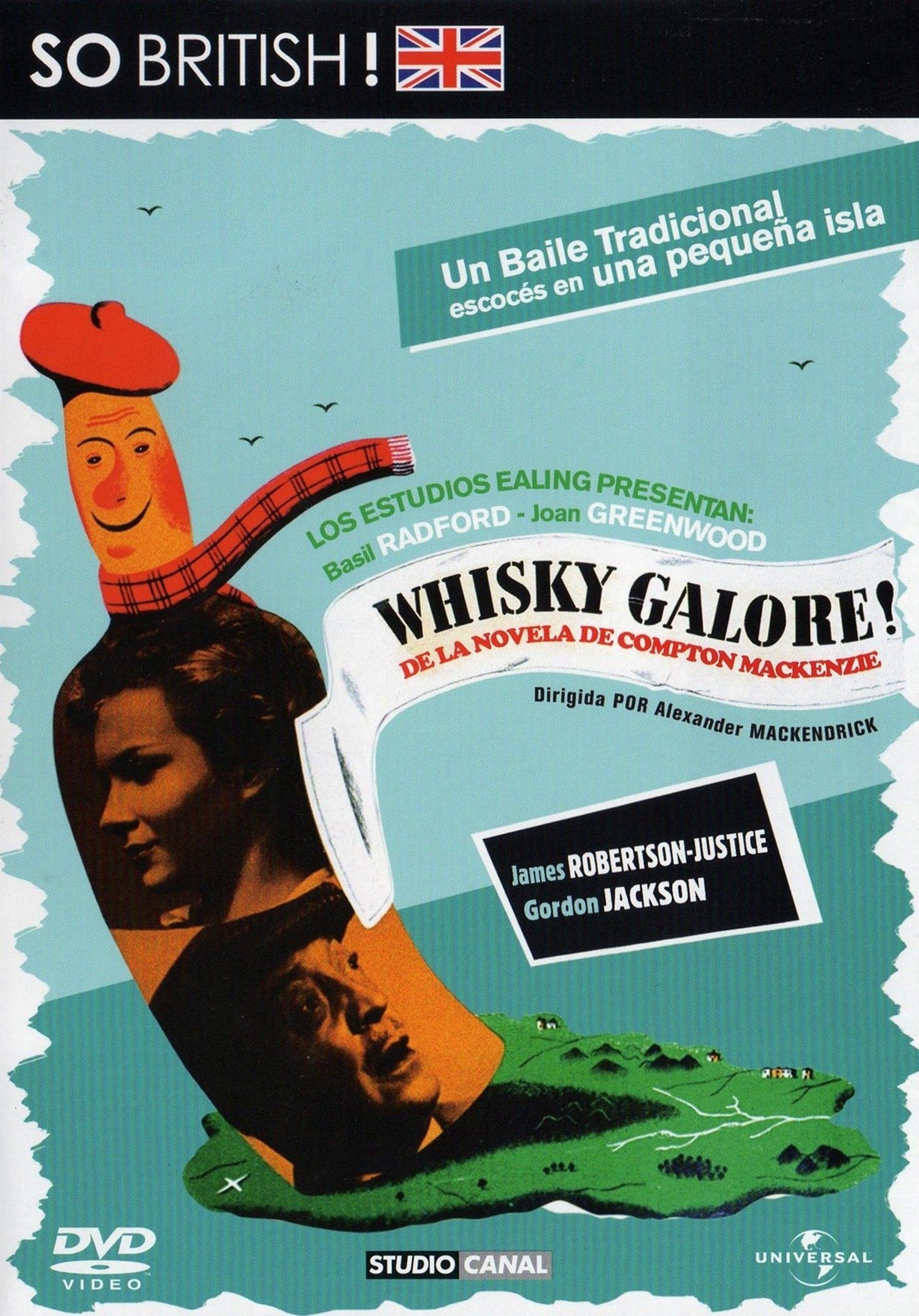



(Obviously with the exception of the local Hotel & Pub owner, with whom this is a sore point as the shipwreck of the Minnie comes at the worst possible time: regular provisions & distribution of whisky is just being restored.) Minnie to honour the grounded ship which was called The Cabinet Minister. When the shipwreck happens and is discovered, any possible dispute on religion or anthropogeny is forgotten in the brethrenly and spiritual union over the saving, drinking and selling of the salvaged crates of whisky they all refer to as Minnie or St. While the islanders may have their mild religious clashes (in the book this takes the form of rivalry of which island's people settled there earlier and what their origins are as well as about the observation of Sabbath), they are united on one front: when the provision of whisky starts thinning out and then cut off, the "Drought" affects morale very badly on both Islands, much to the consternation of the snobbish British Home Guard officer, Captain Waggett (who is in mortal fear of losing the war because of the locals' callous behaviour). In the book there are 2 fictional islands of the Outer Hebrides called Great Todday (Protestant) and Little Todday (Catholic) in the year of 1943. The locals set out to salvage as much of this precious cargo as they could, risking prosecution from Customs and Excise authorities. The novel is based on a real story: during WW2 a cargo ship ran aground off the coast of one of the Hebridean Islands, carrying tens of thousands of whisky intended for the US market.

His style and Scottish accents delighted my Scotland-loving ears and soul and I could have gone on listening for an ever longer period. I am in two minds about this book, for I am sure that had I read it in print or on kindle, I would have given it 3 stars only, but the awesome narration of David Rintoul, whom I just cannot praise highly enough!!, rendered it much more enjoyable. Uisge Beatha - is that a sneeze and a yawn in "Garlic"?


 0 kommentar(er)
0 kommentar(er)
